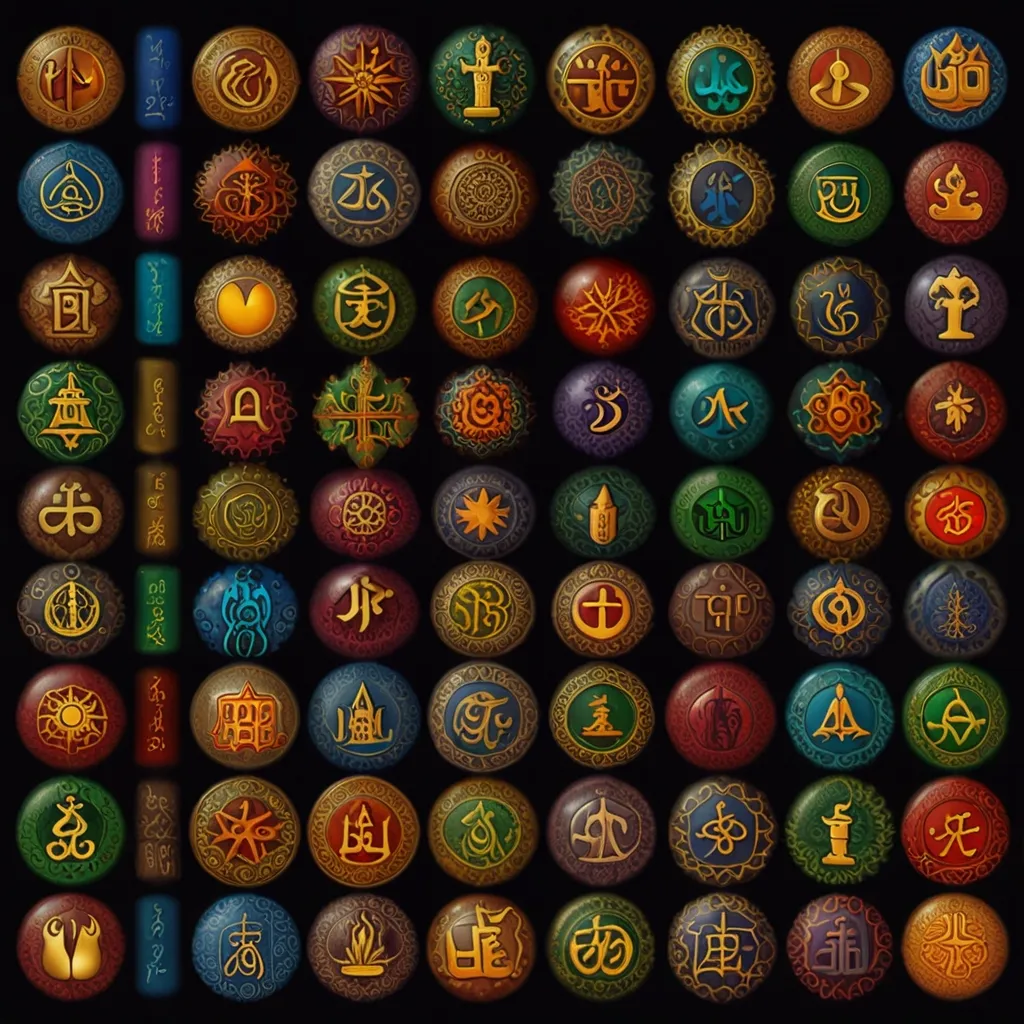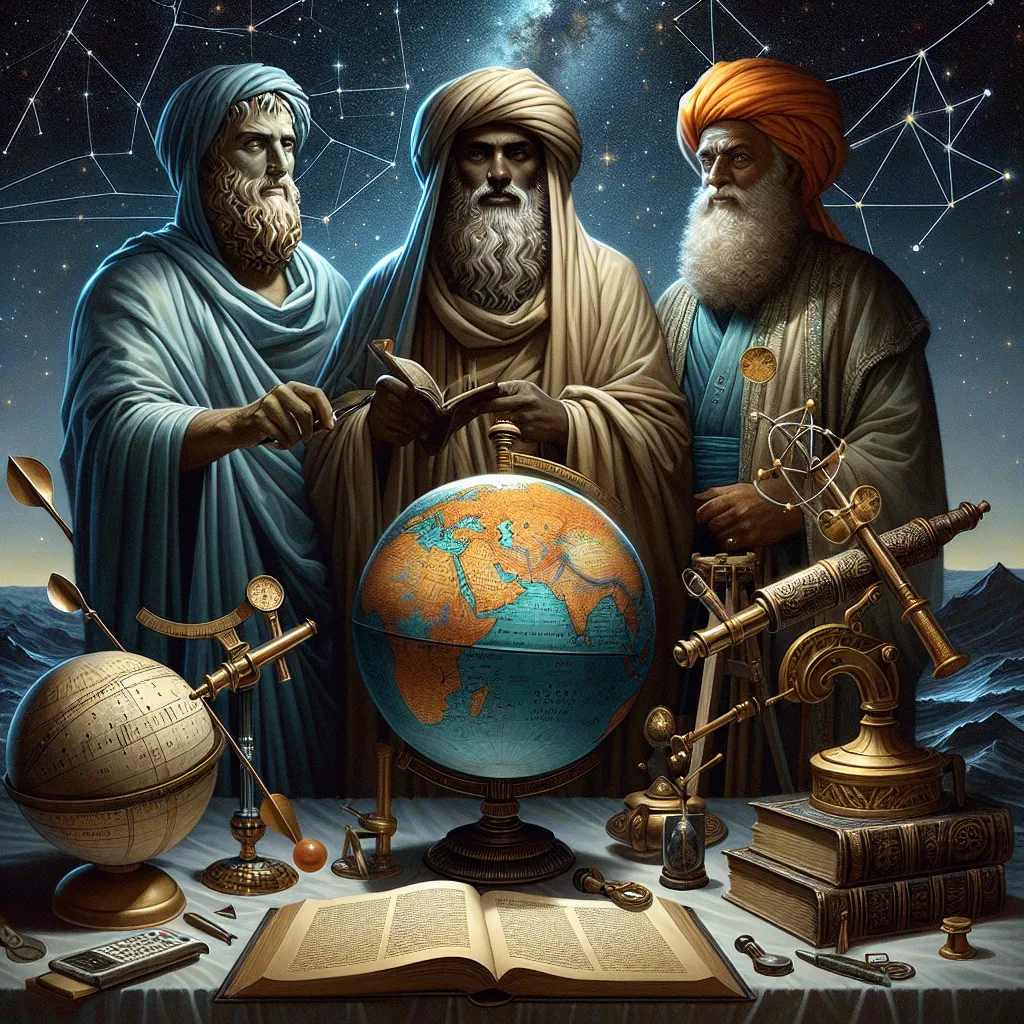Christianity takes the crown as the world’s largest religion, boasting over two billion followers. Rooted in the life and teachings of Jesus Christ, it’s been around for about 2,000 years. The Bible, split into the Old and New Testaments, is its sacred text. Christianity splits into three major groups: Roman Catholic, Eastern Orthodox, and Protestant churches.
Christianity’s influence stretches beyond just religious practices; it’s left its mark on art, literature, music, and politics. The New Testament dives into Jesus Christ’s life and teachings, while the Old Testament shares stories and laws from Jewish tradition.
Islam comes in second with roughly 1.8 billion followers. It kicked off in the 7th century CE in Mecca, Saudi Arabia, thanks to the Prophet Muhammad. Muslims follow the teachings of the Qur’an, their holy book. Most Muslims align with one of two branches: Sunni and Shi’ah.
Islam highlights the oneness of God (Allah) and the importance of following Muhammad’s teachings. The Five Pillars of Islam—faith declaration, prayer, charity, fasting during Ramadan, and pilgrimage to Mecca—are core practices.
Hinduism, the third largest religion, has about 1.1 billion followers and is one of the oldest religions. It’s mainly found in India, Nepal, and Indonesia. Hinduism’s rich tapestry of beliefs includes a multitude of gods and goddesses and emphasizes the cycle of samsara (birth, death, and rebirth), with moksha (liberation) as the ultimate goal.
Hindu texts like the Vedas and Upanishads offer teachings on philosophy and rituals. Practices such as yoga and meditation have gained global popularity. Festivals like Diwali, the Festival of Lights, showcase Hinduism’s vibrant traditions.
Buddhism, with around 500 million followers, began in India about 2,500 years ago with Gautama Buddha. Buddhism promotes ethical behavior and nonviolence, splitting into Theravada and Mahayana branches. Texts like the Dhammapada guide followers on a moral path.
Buddhist practices such as meditation and mindfulness aim for enlightenment via the Four Noble Truths and the Eightfold Path. Buddhism is prevalent in China, Japan, and Southeast Asia, with many adherents following a vegetarian lifestyle.
Other notable religions include Shintō in Japan, Sikhism from India, and Judaism, which started in the Middle East around the 8th century BCE. Judaism has three main branches: Orthodox, Conservative, and Reform. Daoism from China emphasizes harmony with nature, and Muism in Korea centers on the spirit world. Cao Dai from Vietnam combines elements from different religions to promote love, peace, and tolerance.
Religion has a huge impact on cultures and societies worldwide. Each faith brings unique beliefs, practices, and scriptures that guide its followers. A peek into these religions helps us appreciate the diversity and richness of human traditions and beliefs.






